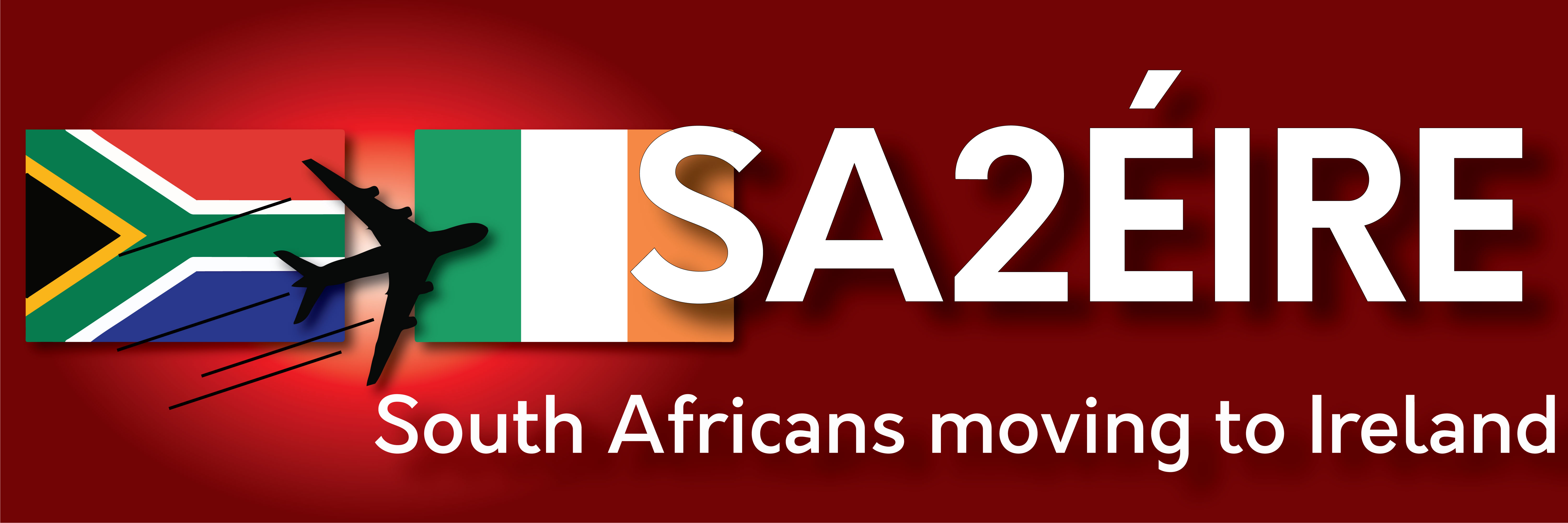
Copyright Cristi Doran
Some of you have asked how I moved to Ireland, as a Paramedic, what is the process, how does it work, etc.
Please note, I am not nearly an expert, I’ve only just arrived in Ireland!
This is just some of the things I have figured out, and some of the steps I have taken so far.
Hopefully this will help you start the process, this will help.
First step is to get your qualification recognized.
The Irish equivalent of HPCSA is the PHECC (Pre Hospital Emergency Care Council). They are very active in recognition of international qualifications and South Africans I know (and myself) have had good results so far. Once recognized to practice in Ireland, you pay the annual license fees the same as you would at HPCSA and your license card and certificate will be issued.
Everything is explained in the link I have attached.
The process takes roughly 12 weeks from submission (how long it takes you to get all your documents together depends on you). The cost is currently €350 (which is roughly R 6 300.00 at current exchange rate).
They have 4 qualifications registered to the PHECC.
As a HPCSA ALS (CCA / NDIP / BTECH / ECP) you should be awarded PHECC Advanced Paramedic status.
As a HPCSA AEA / ECT you should be able to obtain PHECC Paramedic status.
Regardless of qualifications, they weigh their decisions very heavily on the following factors:
- Your academic transcript (subjects with examination and assessment methods)
- Your experience as written by yourself – ensure you read through their qualification and requirements and that you mention every single item (for example they have a section on solo-response, so make sure to mention that you have experience in solo-response, etc.) This is much like a portfolio of evidence of what you have and can do clinically.
- References – must be from current line managers, so be aware by the time you get to this step you would need to inform them of your intent at least to register with the PHECCl
- Don’t make the mistake I did initially, focus on the clinical things, for those of you with managerial roles, add those in as secondary items, but FOCUS ON CLINICAL EXPERIENCE AND WORK.
- I have realized also that additional courses such as BLS for HCP, ACLS, ATLS, etc. is advantageous (although I do know some people get away without these).
Once all documentation is complete, it gets mailed to PHECC as well as sending the physical documents (you need to courier them, this costs around R800).
Second step is to find work (you cannot apply for a work permit without a job offer / work contract).
In Ireland (like in South Africa) there are a lot of private companies. Some of them are easy to get work from, others are a little harder, all depending on where you want to work / live, and what financial means you have (as some will do a telephonic interview, others might want you to fly to Ireland on your cost for an interview, etc).
There is also the National Ambulance Service (NAS) which is basically the state ambulance service – but unlike SA here it is most people’s dream to work for them, they have much better hours, salaries, benefits, growth opportunity, etc.
Unfortunately, although I’ve heard not impossible, it is very difficult to get work from them directly, they have a recruitment process similar to our government system, which means local residents will always have first option, they also prefer some local experience, etc.
Hence why I am going to a private company, then once there and settled will hopefully get the opportunity to move to NAS at a later stage.
Probably the easiest option is to go somewhere where you know someone.
There are however lots of private companies you should do some research here and perhaps send your CV to multiple companies.
It is at this stage you should also ensure to update your CV and either put it into Irish format yourself, or invest in a CV creator that can assist in ensuring it is correctly formatted for Ireland
Further to this Ireland is big on social media, so ensure you update your Linkedin profile, as a lot of companies work on that.
Also it may be a good idea to clean up your general profiles such as facebook as well as companies in Ireland are known to look into you extensively (especially because you come from Africa), therefore a profile packed with derogatory posts, racial slander and all round “bad behaviour” may not be in your best interests.
Third step is your eligibility to work in Ireland.
First prize is if you qualify / have an Irish passport (perhaps check with parents / grandparents too) then you do not require an employment permit and can even come over without work should you wish to do so. If you have an EU (European Union) passport (such as Netherlands, Italy, Poland, Belgium, Portugal, Greece, Spain, the list goes on... In this case you would also not need an employment permit.
If you only hold a South African passport you would need to apply for an employment permit through the DBEI.
Work permits are subject to a list of skills required by the country. This list changes regularly.
There are basically 3 types of work skills lists:
- Critical skills – these are highly required and have special provisions so they are the best option
- General skills – these are in shortage, but subject to conditions
- Ineligible skills – these are basically occupations which even if you wished to do so you may not pursue in the country.
Both Advanced Paramedics and Paramedics fall under the Critical Skills
List currently (which is great news as Paramedics used to be ineligible).
Please also note that these lists change regularly depending on demand etc.
One has to take the leap whilst the opportunity is there although I do believe at least Advanced Paramedics will remain on the list quite long as they also have a massive shortage
Unfortunately there lots of rules to meet for a critical, for example it does mention you do need a degree as well, which is why I didn’t apply for one and got a General work permit instead, see below on how that affects your family members.
You then need to apply for your work permit.
Should you have a general work permit, remember that only you are permitted to then come over, your immediate family may only follow you after 12 months. And if you get a general work permit your spouse and older children cannot work without their own work permit.
Should you have a degree and apply for critical skills work permit your immediate family members may join you immediately. There are however a few other criteria you also need to meet.
SA2eire has more info on work permits and how they work and how they affect your family here:
- Work Permit skills lists: Am I eligible and SOC codes
- Critical skills work permits how they work: The Basics of applying
- Critical skills going deeper into the information and getting a job offer and work permit
- General Work permits how they work: The Basics of applying
- General Work permits going deeper into the information and getting a job offer and work permit
- General Work permits how to get your family processed when they arrive after 12 months
- Spouses and Children of Work permits and their Stamps explained
Lastly, deciding to pack up your entire life can be a daunting and scary experience.
From my own experience it really is a rollercoaster from pure excitement at the opportunity and idea, to utter fear of leaving a life behind and starting over.
At the point where you have made this decision and now start moving, there are so many variables that no 1 person can give you a set list of what why and how.
Your move from here will depend on a million things such as what passports are you on? Are you bringing family over and if so when and on what means? Are you bringing pets? Are you financially stable to make the move and potentially support family in SA at the same time?
I hope this very basic document has helped you at least get started, because really that’s all it is.
As you can see above it looks simple, but do not be fooled! This is a long process that requires effort and research.
Importantly, you will need to do your own homework, based on your circumstances and what will work for you.
I am from there more than willing to assist and advise and give input to the best of MY knowledge above!
Cheers everyone!
Pieter!
Important links:
 #MapMyMove- Our coaching Services - Confused or lost and need some direction, book a session with us to help untangle the confusion and work out your route of immigration
#MapMyMove- Our coaching Services - Confused or lost and need some direction, book a session with us to help untangle the confusion and work out your route of immigration
 All family members have: Irish, EU or British Passports
All family members have: Irish, EU or British Passports
 Some family members have either or both: Irish and South African Passports
Some family members have either or both: Irish and South African Passports
 Some family members have either or both: British and South African Passports
Some family members have either or both: British and South African Passports
 Some family members have either or both: EU and South African Passports
Some family members have either or both: EU and South African Passports

